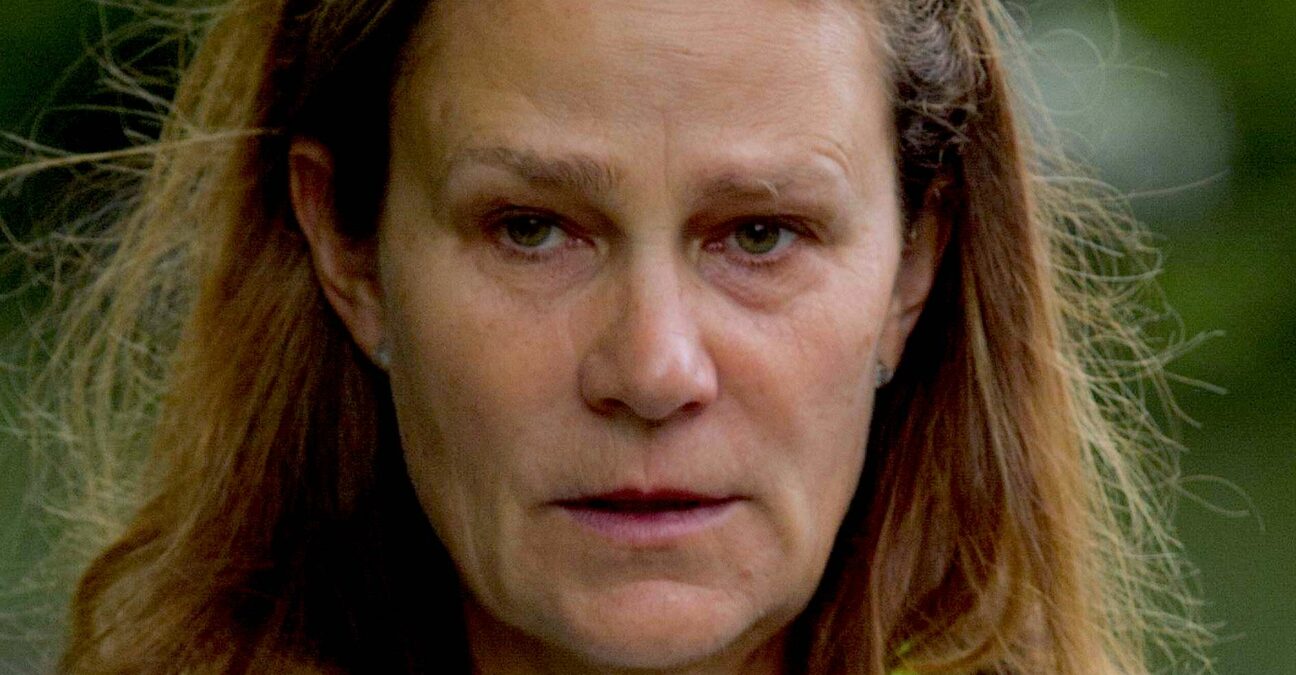“I believe abusive coaching relationships are alarmingly common in sport as a whole.” Pam Shriver opens up about inappropriate relationship with much older coach
The Tennis Hall of Famer revealed that she had an affair when she was 17 years old with her coach, who was married and 33 years her senior
 Pam Shriver (© Amer Ghazzal/REX/Shutterstock / SIPA)
Pam Shriver (© Amer Ghazzal/REX/Shutterstock / SIPA)
Tennis Hall of Famer Pam Shriver has called for tennis officials to do more in order to protect younger players, especially women, from inappropriate relationships with members of their own team, after revealing that she had an affair with her married coach, who was more than three decades her senior, when she was just 17 years old.
Shriver, who won 21 WTA singles titles and 112 WTA doubles titles, mainly in the 1980s, including 21 Majors in doubles, opened up about her experience in an exclusive piece for The Telegraph, saying she wanted to share her story so that she can help others in a similar position.
My main motivation is to let people know this still goes on – a lot
Pam Shriver
“The short version of this story is that I had an inappropriate and damaging relationship with my much older coach, which began when I was 17 and lasted a little over five years. It hasn’t been easy to rake over what happened, but I believe this is an important issue, and one that needs to be brought out into the open,” Shriver wrote.
“My main motivation is to let people know this still goes on – a lot. I believe abusive coaching relationships are alarmingly common in sport as a whole. Every time I hear about a player who is dating their coach, or I see a male physio working on a female body in the gym, it sets my alarm bells ringing. It’s not only women who suffer from abusive coaching relationships, but they make up the majority.”
In the piece, Shriver reveals she had a five-year affair with her coach Don Candy when she was 17 while he was 33 years her senior and a married man. Candy died in 2020n aged 89.
“I still have conflicted feelings about Don. Yes, he and I became involved in a long and inappropriate affair. Yes, he was cheating on his wife. But there was a lot about him that was honest and authentic. And I loved him. Even so, he was the grown-up here. He should have been the trustworthy adult.”
The next four seasons, after I broke up with Don, were the best of my career: Pam Shriver
Although she said there was no sexual abuse in the relationship, Shriver said that she felt there was emotional abuse.
“My relationship with Don was a traumatic experience for me. The after-effects lasted far beyond the time we spent together. Don never abused me sexually, but I would say there was emotional abuse. I felt so many horrendous emotions and I felt so alone. Our affair shaped my whole experience of romantic life. It stunted my ability to form normal relationships and set certain patterns which would recur: my ongoing attraction to older men and my difficulties in understanding how to maintain healthy boundaries.”
The American, who is now a tennis analyst, added that she enjoyed some of her best success on the tour after breaking up with him.
The best way to protect the coaches’ charges is to put them through an education process before they arrive on tour.
Pam Shriver
“The next four seasons, after I broke up with Don, were the best of my career. I collected 15 singles titles and won over 80 per cent of my matches. Meanwhile, back home in Baltimore, I was starting to date a few guys. It’s interesting what happens when you end a relationship that is causing so much stress. Finally, I was beginning to experience some normalcy in my personal life.”
“My experience suggests that, when you separate these two parts of your life, it’s not only your emotional wellbeing that improves but also your performance on the court. Which should be an incentive to break the cycle,” she added.
Pam Shriver feels that the issue of inappropriate relationships remains widespread and called for the tour officials to educate coaches and other members of a players team before they come on the tour.
“The best way to protect the coaches’ charges is to put them through an education process before they arrive on tour. The same goes for other credential-holders: physios, fitness trainers and so on. The point has to be made very clearly: these kinds of relationships are not appropriate, and there will be consequences for those who cross the line. This is a widespread problem and we need a broad-spectrum alliance if we’re going to address it.”














